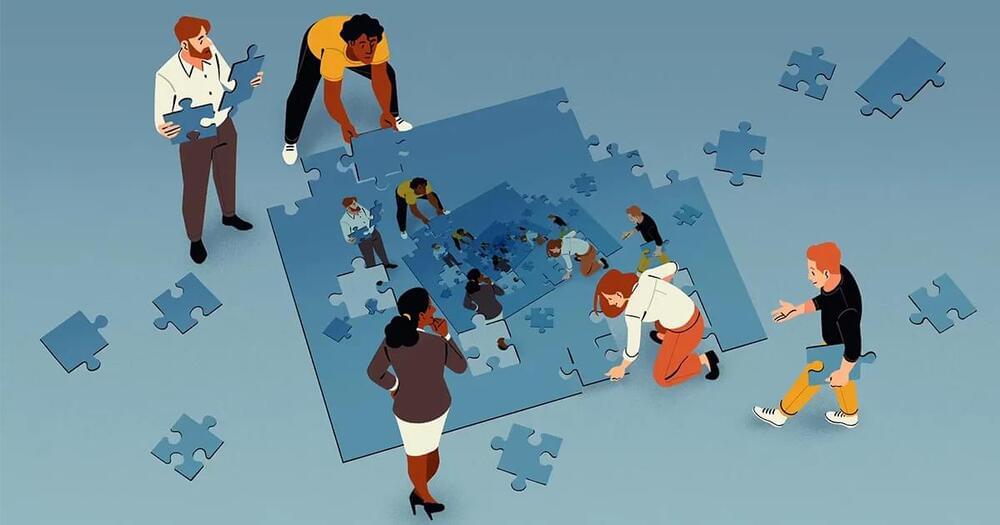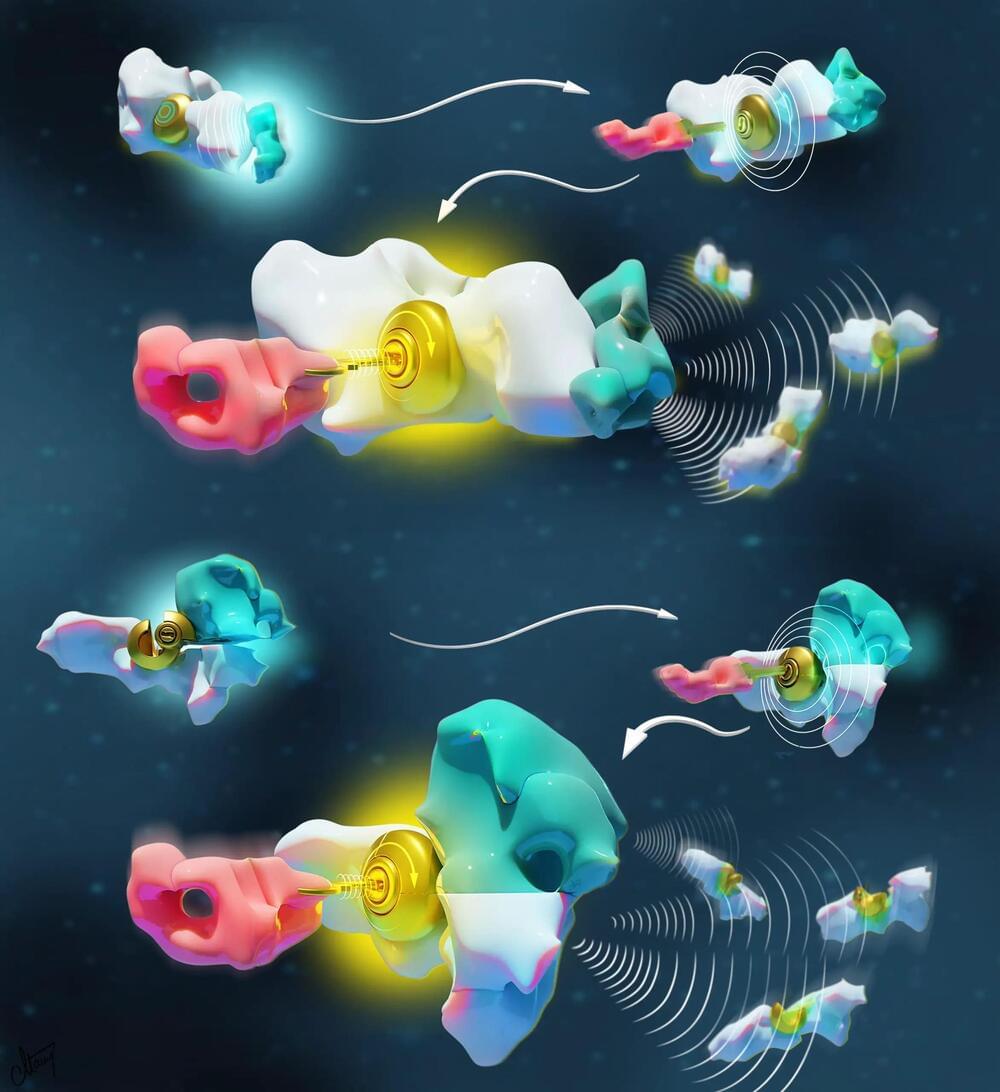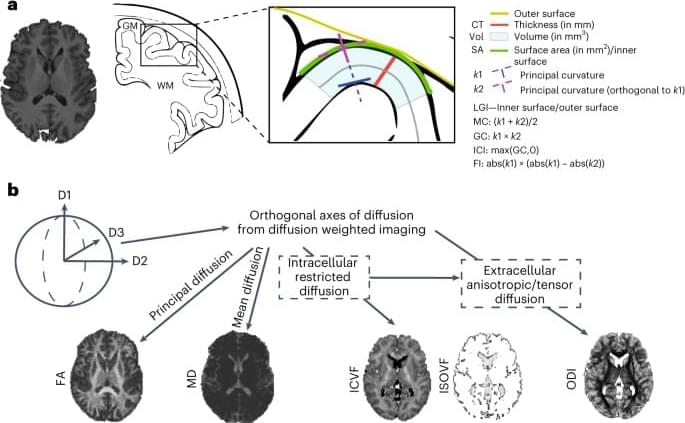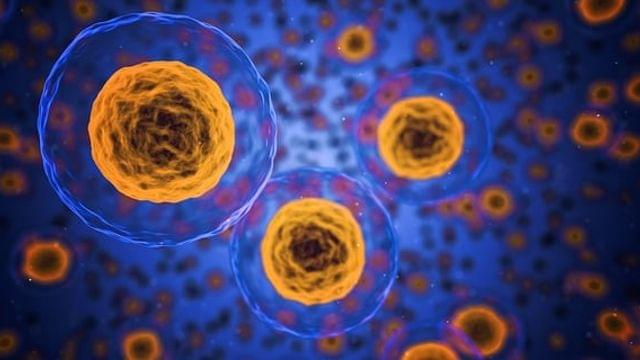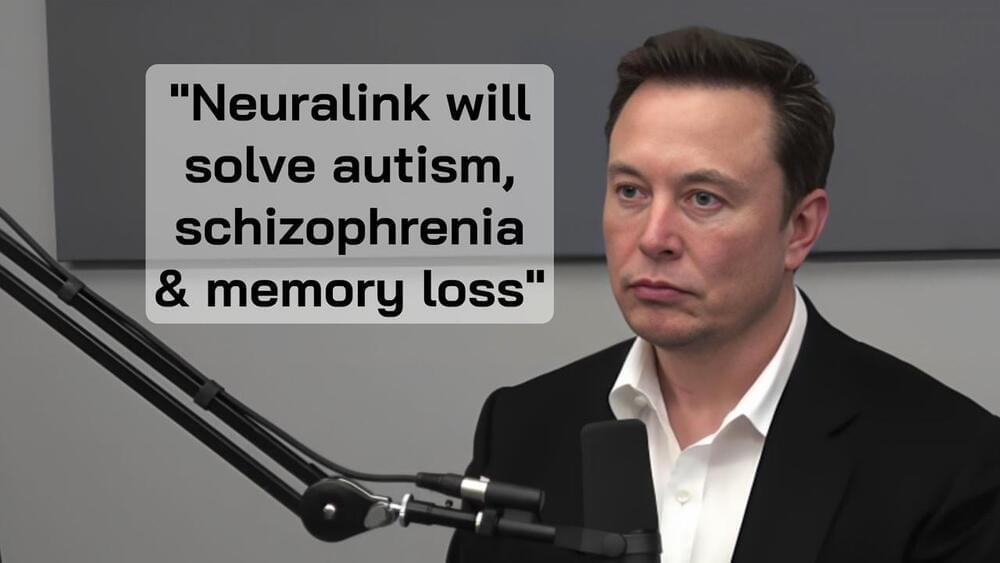Aug 17, 2023
Complexity Theory’s 50-Year Journey to the Limits of Knowledge
Posted by Dan Breeden in category: computing
“There’s no road map,” said Michael Sipser, a veteran complexity theorist at the Massachusetts Institute of Technology who spent years grappling with the problem in the 1980s. “It’s like you’re going into the wilderness.”
It seems that proving that computational problems are hard to solve is itself a hard task. But why is it so hard? And just how hard is it? Carmosino and other researchers in the subfield of meta-complexity reformulate questions like this as computational problems, propelling the field forward by turning the lens of complexity theory back on itself.
